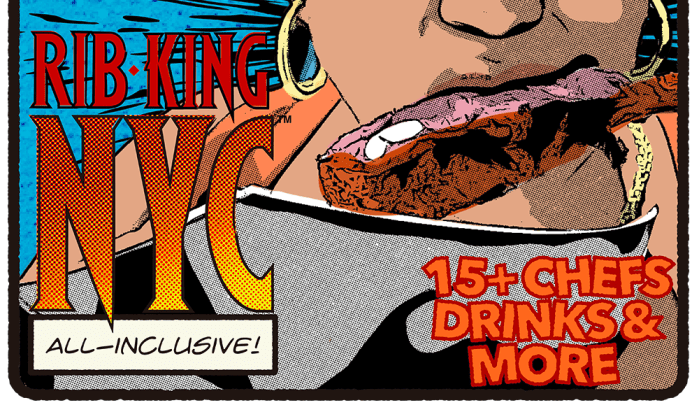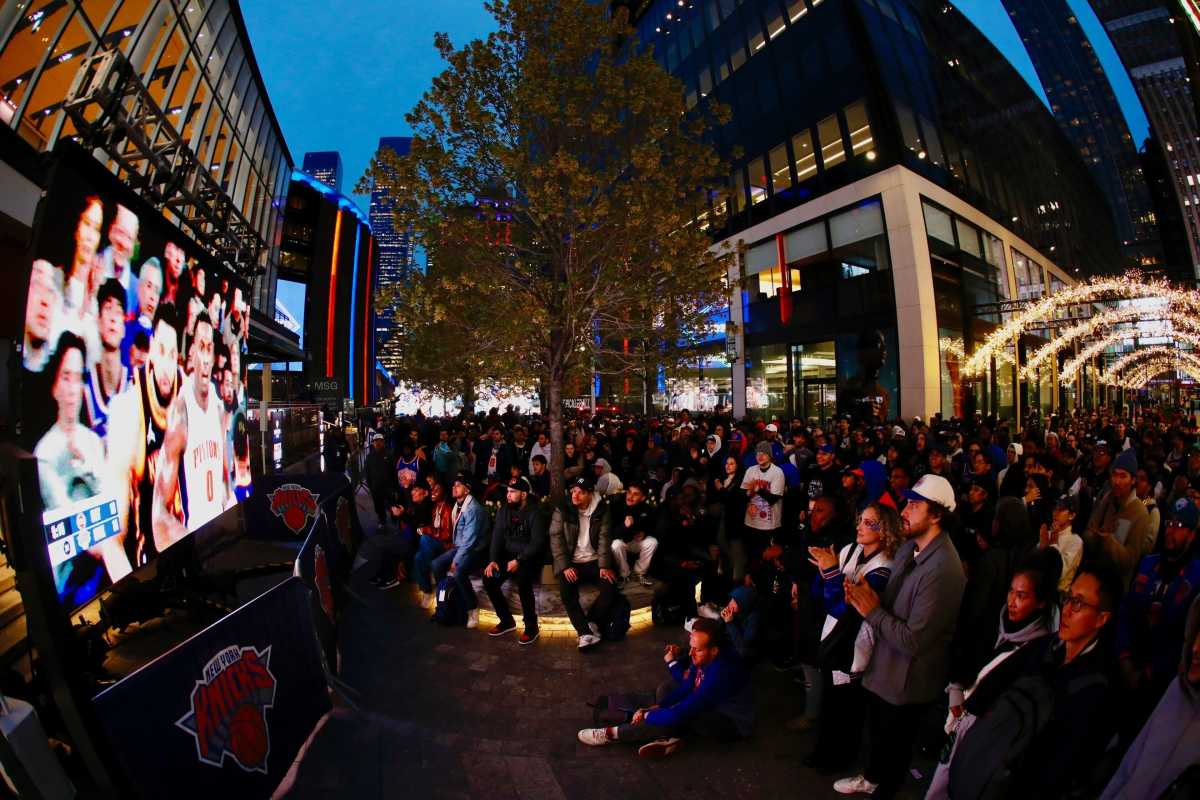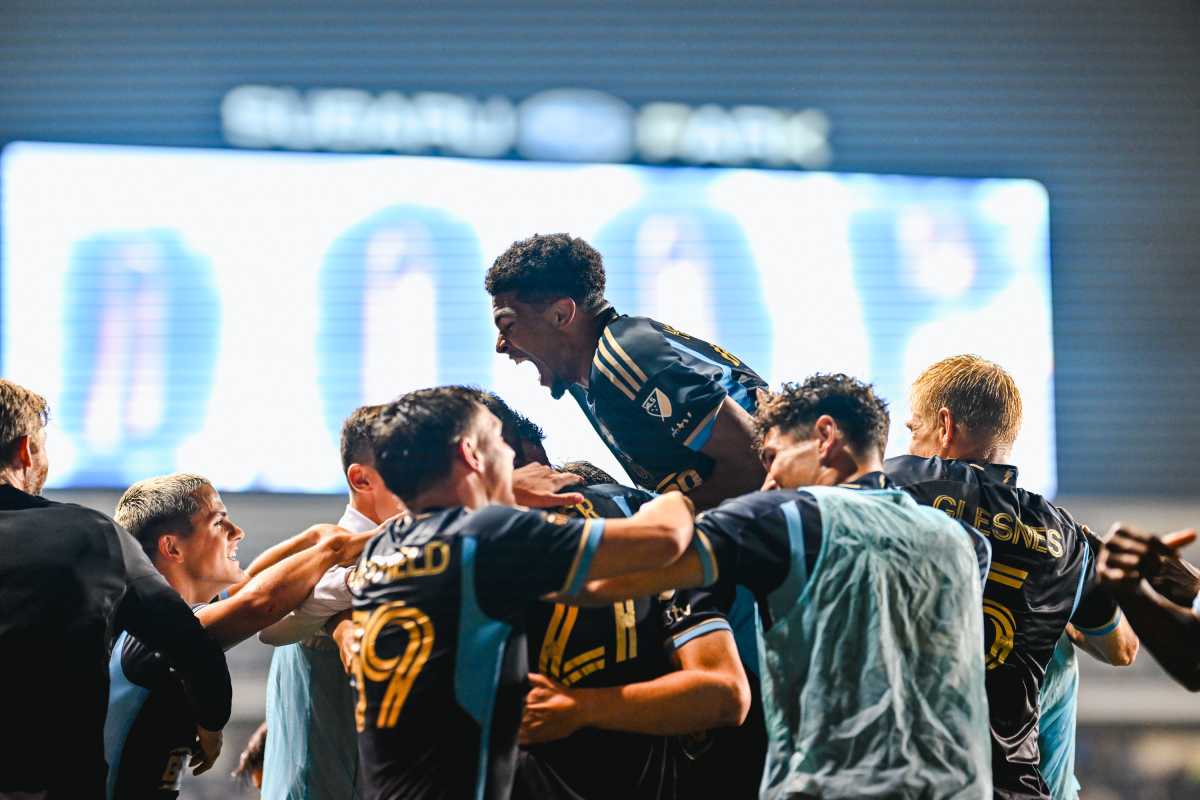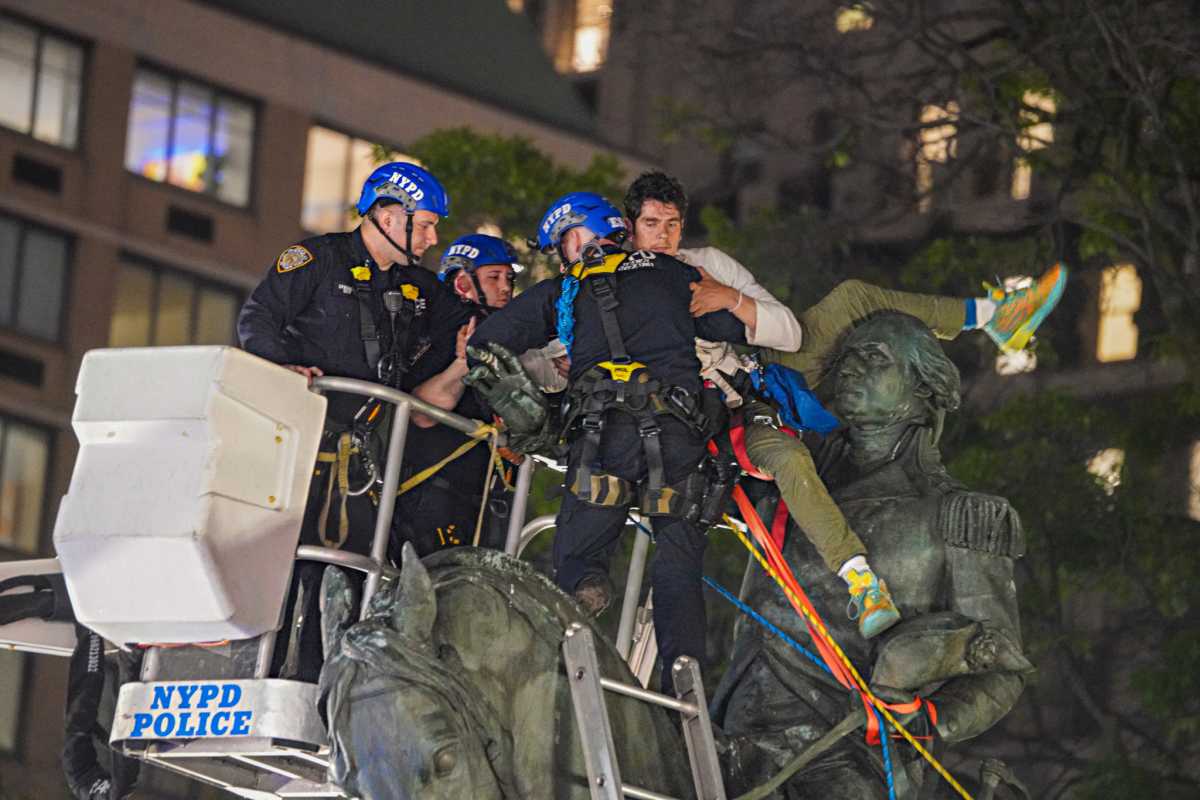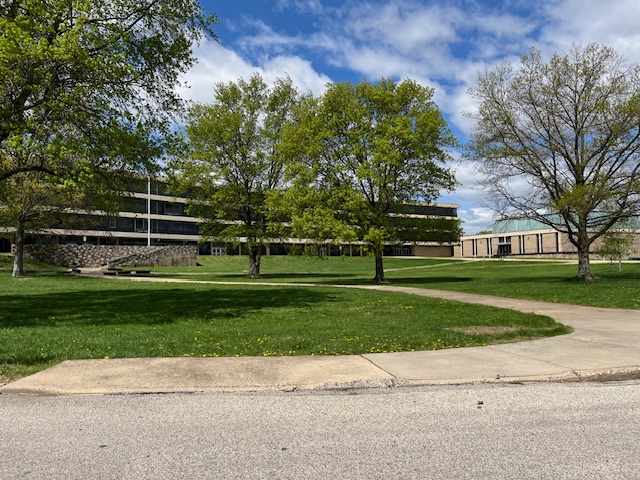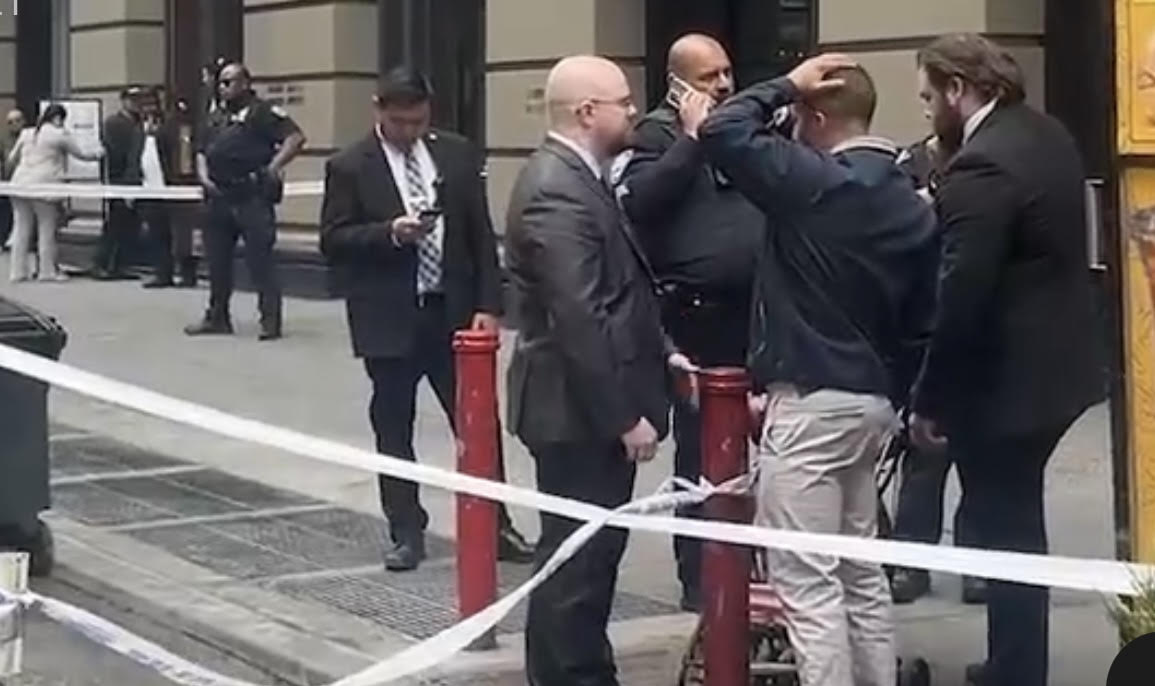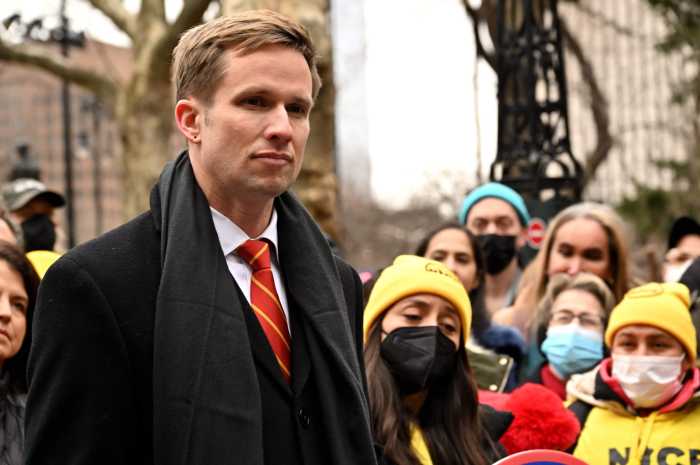Among the events that took place during NYC Open Data Week last week was one that looked to the city’s tech community for sustainable ways to lessen the horrors many New Yorkers — and businesses — expect to come with next year’s L train shutdown.
The L train shutdown is slated to begin in April 2019 and will rehabilitate the Canarsie Tunnel, which goes under the East River and was severely damaged by Hurricane Sandy in 2012. Since the tunnel needs a complete demolition and rebuild, the L train will only run between Bedford Avenue and Canarsie-Rockaway Parkway, meaning there will be no service to or from Manhattan during the 15-month work.
That leaves the roughly 225,000 straphangers who ride the train between the two boroughs in need of alternatives, most likely adding even more riders to other already overcrowded train lines.
While the MTA and Department of Transportation released a plan that includes a car-less 14th Street, HOV-only Williamsburg Bridge and expanded subway service, Open Data Week asked designers, engineers, data scientists and others to look at data from the MTA, Taxi and Limousine Commission, Port Authority and more for other solutions during the L train shutdown.
“The L train shutdown is closing a major artery that’s not just going to affect riders, it’s going to impact businesses, the community, how people interact,” said Rodrigo Bautista of Forum for the Future, a partner in the challenge, which “allowed people who are usually not in the room at the same time to inspire innovation and solutions from a social, economic and environmental angle using open data.”
Two notable solutions aimed to help local businesses along the affected L train route obtain lower license fees for community events like block parties and possibly moonlight as co-working spaces so riders can stay in their community instead of enduring even longer commutes during the L train shutdown.
“A lot of ideas were orientated to create an experience to work from your own community,” said Robinson Hernandez of the Urban Tech Hub at Grand Central Tech, another event partner. “They looked at the utilization of spaces that are not traditionally occupied during the day, like restaurants, to create a co-working experience.”
Hernandez, an L train rider who will switch to the M during the shutdown, hopes to have finalists from the challenge reconvene before summer to present their ideas to the agencies that provided the data.











